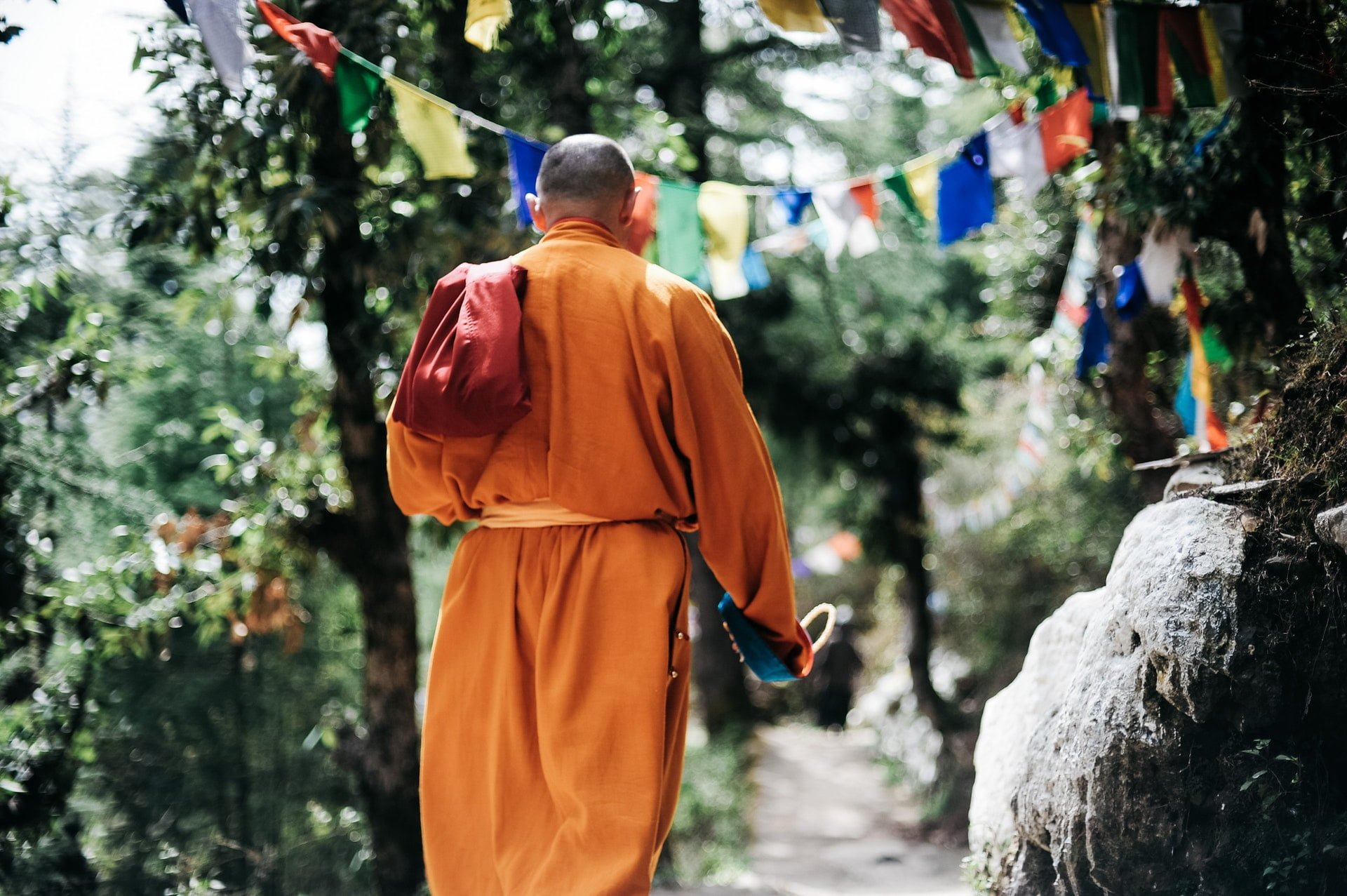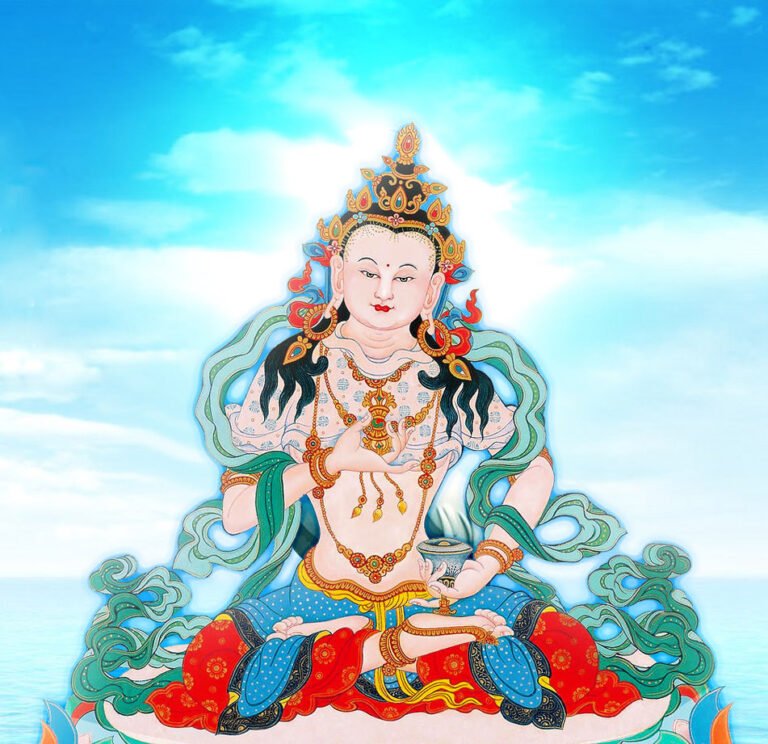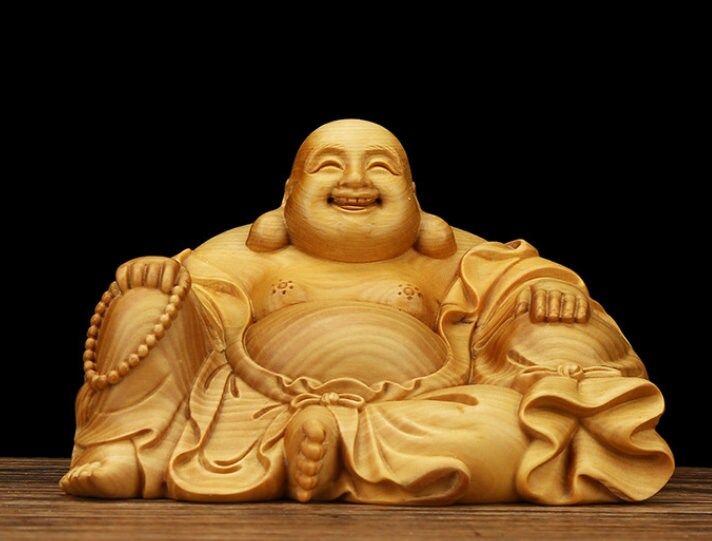I hardly feel qualified enough to discuss this topic, but it’s due to my lack of ability to practice it that I study the concept so much. However, that itself is contradictory to the topic itself: Wu Wei, or 無為.I see Wu Wei (無為) in some of the friends who I greatly respect, men and women who seem to be unphased by the stressors of current events, difficult people, dysfunctional relationships and challenging workplaces or academia.
The definition of 無為 can be translated into several phrases such as:
“Letting things happen”
“Do nothing”
“Non-action”
“Effortless action”
“Actionless Action”
As an “energetically efficient” person, it is too easy to use the concept of Wu Wei to justify being lazy. However, the general definition of Wu Wei is that acting in opposition to nature is counterproductive. The world governs itself and does not need our interference. The protests that are disrupting trade and the economy in Canada are expressions of people who are unhappy with public health safety mandates, that will in the end, solve itself when given time. Asian countries, who have dealt with SARS and others in the past, do not have this kind reaction, possibly due to their innate understanding that all things are impermanent, and the problems of the world will resolve themselves. However, the ease of restrictions will still happen regardless of protesting, maybe just not on the protestors preferred timeline. However, those who are protesting will end up suffering consequences for extraneous actions, like arrests, job insecurity and social ostracization. And those who are living amid the protests may be living in fear, for the actions of a few have even made journalists remove decal labels on their cars for worry of attack.
I once taught a story in my psychology class about an indigenous tribe who would yell and scream at the sun during a solar eclipse trying to scare off the monster that was eating the sun, and in the end, the sun came back. And so, for every solar eclipse, they screamed and yelled, and each time, the sun came back, confirming their assumption. However, does that mean that their behavior caused their desired outcome? This is called the causal fallacy, the assumption that just because one event precedes another, that event caused the other. Another error is confirmation bias, because every time their desired outcome occurred, they were confirmed of the causality of their behavior. However, we now know the solar eclipse is not due to monsters. Confirmation of an ignorant thought does not negate ignorance, which is one of the three poisons. And just like the screams and yelling may precede and influence the timeline of the ease of public health measures, it may also exacerbate the consequences of the premature relaxationof these restrictions.
But also, this event is stressful for those who do not agree with the protests or the relaxation of these public health measures. But what can we do about it? Again, the answer is “Wu Wei” (無為). This again, will resolve itself, and only the people who have the power to influence it will. What we do know is that volume does not equate with majority, when most will be silent and passive, and that force does not equal power. Fear does not garner respect. All that will happen is that the world will govern itself and does not need our interference. This situation will resolve itself if we don’t intervene, by letting things happen, things get done naturally.
Of course, that doesn’t mean to be helpless and lazy, but rather, engage in “effortless action” or “actionless action”. Wu Wei may be considered a paradoxical concept, how on earth can you be active and inactive at the same time? We would act in a way such that we only work on the things you can control, or affect (i.e., your parenting and relationships, your job, your studies), rather than forcing things. Rather than doing, we are going, like Lao Tzu states in the Tao Te Ching, we move like water in a stream of rocks, going toward the ocean. We flow with the current, not against the current or even holding on (both take effort), without considering where it brings us. We set sail into uncharted territory without letting the great unknown phase us. Aligning our actions with nature, by not forcing anything and only acting when it suitable, nature resolves itself. Forcing things seem to ruin things in the long run. We have an exam? We study. We want a new job? We apply for the position. We got the interview? We prepare. But we do not worry after we have done what we can, because we should not focus on the results (or desired outcome) because attachment to those results, especially if they do not occur, will result in suffering. The literal translation of 無為 to “no purpose” now makes sense. To act without purpose will prevent suffering.
A few phrases in the Tao Te Ching by Lao Tzu help emphasize this effortless action:
“For those who practice not-doing, everything will fall into place.” – Chapter 3, J.H. MacDonald Translation.
“Using force always leads to unseen troubles.” – Chapter 30, J.H. MacDonald Translation.
“Tao abides in non-action, Yet nothing is left undone.” – Chapter 37, Gia-Fu Feng translation.
And of course:
“Do you want to rule the world and control it?
I don’t think it can ever be done.
The world is a sacred vessel
and it can not be controlled.
You will only make it worse if you try.
It may slip through your fingers and disappear.
Some are meant to lead,
and others are meant to follow;
Some must always strain,
and others have an easy time;
Some are naturally big and strong,
and others will always be small;
Some will be protected and nurtured,
and others will meet with destruction.
The Master accepts things as they are,
and out of compassion avoids extravagance,
excess and the extremes.” – Chapter 29, J.H. MacDonald translation.
I’ll be honest. I wrote this article to remind me of Wu Wei. It is difficult to not attach to issues that are personally important, but it might also be good to be compassionate and understand that the reasoning behind the protests is due to suffering of the protestors. To overcome the stress and anxiety and depression of current events, we must all practice Wu Wei.
By Yvonne Wong, Ph.D.
References
Tzu, L. (1972). Tao Te Ching (Gia-Fu Feng, Trans.).
Tzu, L. (1996). Tao Te Ching (J.H. MacDonald, Trans.).





